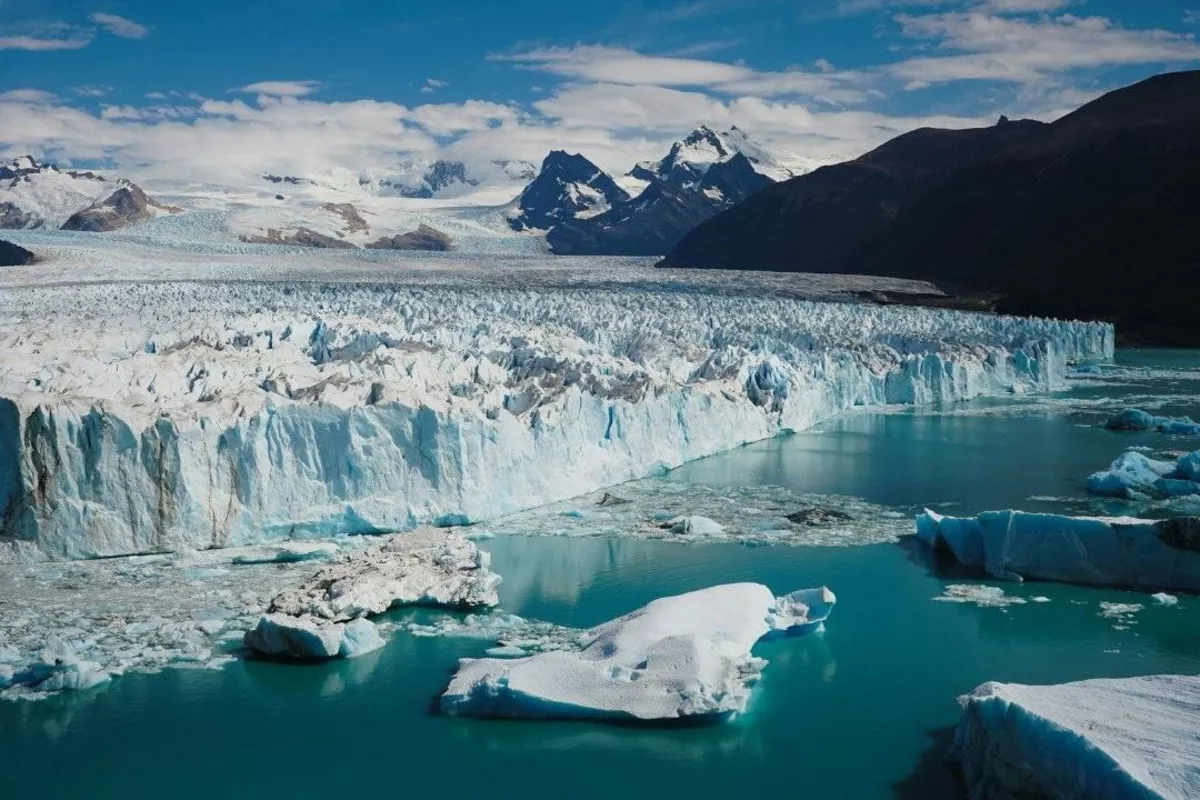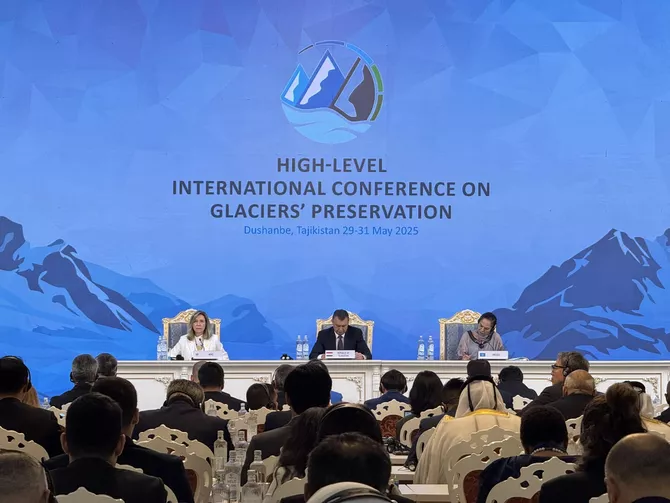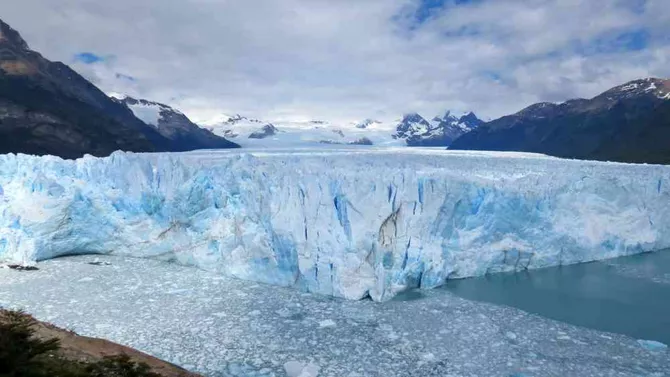
Photo credit: Unsplash/YuliaSereda
In a world preoccupied with rising sea levels and global heat records, it is easy to overlook the slow but catastrophic retreat of glaciers. Yet this silent crisis has taken center stage at several high-level international forums, including the first High-Level International Conference on Glacier Protection held in Dushanbe, Tajikistan.
With over 2,500 delegates from 80 countries, the event sent a powerful message: the melting of glaciers is no longer a regional concern-it is a global emergency threatening water security, ecosystems, and the future of millions.

Photo credit: Facebook
The Dushanbe Declaration, adopted at the end of the conference, underscores the urgency of coordinated international action. Glaciers are the lifeblood of mountain river systems that supply freshwater to billions. As they vanish, communities from the Andes to the Himalayas-and especially in vulnerable countries like Tajikistan-face looming crises in drinking water, agriculture, and energy. The declaration calls for a reduction in greenhouse gas emissions, the transition to green economies, and the establishment of robust glacier monitoring systems.
But what makes this conference particularly significant is the emerging consensus around the need for a global coalition. Governments, scientific institutions, civil society groups, and international organizations are now being urged to come together in a unified front. Their mission: to monitor glacier loss, implement protective technologies, and pool investments for climate adaptation. Equally important is the call to support developing nations with access to scientific knowledge, funding, and technical tools-because no one should be left behind in the climate race.
Andrea Celeste Saulo, Secretary-General of the World Meteorological Organization, hit the nail on the head when she pointed out the glaring underinvestment in glacier-related research. With limited scientific data and outdated models, our ability to forecast risks and design timely responses remains dangerously constrained. Saulo urged governments, climate funds, and the private sector to prioritize the establishment of sustainable monitoring systems. In response, participants backed the creation of a dedicated international fund to finance research missions, glacier observation infrastructure, and the restoration of key freshwater sources through environmentally responsible technologies.
Importantly, education was also on the agenda. Several delegates proposed including glacier-related climate content in school curricula, training programs, and public awareness campaigns. After all, the battle against climate change will ultimately be won-or lost-by the next generation.

Linda De Volder/Flickr
Nowhere is the impact of glacier loss more visible than in Tajikistan itself. As highlighted by Bahodur Sheralizoda, Chairman of the Committee for Environmental Protection under the Government of Tajikistan, over 1,300 of the country’s 14,000 glaciers have already disappeared. The Vanch-Yakh Glacier-once known as Fedchenko, the largest continental glacier-has retreated by more than a kilometer and continues to shrink. Such losses aren’t just numbers; they represent a decline in national resilience and regional stability.
The issue also resonates beyond Tajikistan. Speaking at the same conference, Mukhtar Babayev, President of COP29 and climate envoy of Azerbaijan, revealed that Azerbaijan has already lost 20% of its glaciers in the past seven years. If the current pace continues, most of the country’s glaciers could vanish by 2050.
These aren’t isolated stories. In 2023, global glacier loss was estimated at 600 gigatons of freshwater-a staggering amount that significantly contributed to sea level rise and the disruption of ecosystems. Scientists warn that if global temperatures rise by just two degrees Celsius, the world could lose another third of its mountain glaciers. That would mean deepening water scarcity, food insecurity, energy disruptions, and mass migration. In June 2025, Professor Michael Krautblatter of the Technical University of Munich predicted an increase in landslides, rockfalls, and glacier collapses. His warning followed a deadly event in the Swiss canton of Valais, where a glacier-triggered disaster devastated the village of Blatten.
Glaciers were also a focal point at COP29 in Baku, where global leaders met to discuss climate solutions. In his speech at the Climate Leaders Summit, Tajikistan's President Emomali Rahmon reminded the world that it was Dushanbe that initiated the UN-recognized “Year of Glacier Preservation.” This global call led to the creation of a UN Trust Fund for Glacier Protection and the declaration of a World Glacier Day.
Echoing that urgency, Kyrgyz President Sadyr Japarov reported that his country has already lost 16% of its glaciers in the past 70 years. Without drastic action, more than half could disappear by the end of the century.
In response, the Asian Development Bank launched a new regional initiative titled “From Glaciers to Farms.” This forward-thinking program is designed to improve sustainable water use and food security across Central Asia, the South Caucasus, and Pakistan. It aims to assess glacier melt risks in countries like Azerbaijan, Kyrgyzstan, Tajikistan, and Uzbekistan, while also building a scientific and technical foundation for policy action.
The big picture is clear: the melting of glaciers is no longer a slow-moving environmental issue-it is an accelerating global crisis. And while the physics of climate change can’t be reversed overnight, proactive strategies can localize its worst impacts. That means smarter water management, more investment in glacier science, and stronger political will.
The window of opportunity is closing. But the global conversation-now echoing from Dushanbe to Baku-is finally catching up to the scale of the threat. Whether this momentum turns into measurable results depends on us all.
Share on social media